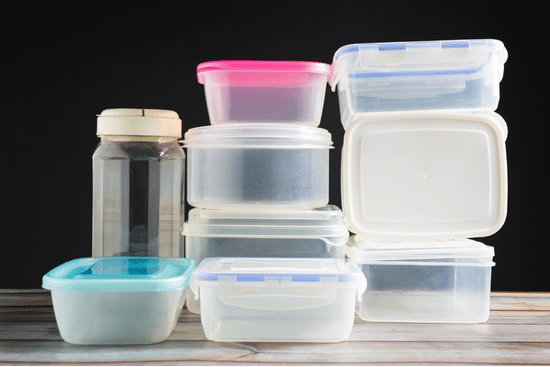
Properties and Overview of PMP (Polymethylpentene)
Overview:
 PMP (Polymethylpentene) is a lightweight, transparent thermoplastic known for its excellent thermal and chemical resistance. With a unique combination of low density, high heat resistance, and exceptional clarity, PMP is a valuable material in industries requiring durable and reliable performance under demanding conditions. Its versatility and low dielectric constant make it suitable for medical, laboratory, and electrical applications.
PMP (Polymethylpentene) is a lightweight, transparent thermoplastic known for its excellent thermal and chemical resistance. With a unique combination of low density, high heat resistance, and exceptional clarity, PMP is a valuable material in industries requiring durable and reliable performance under demanding conditions. Its versatility and low dielectric constant make it suitable for medical, laboratory, and electrical applications.
Production:
The production of PMP involves the polymerization of 4-methyl-1-pentene monomers using a Ziegler-Natta catalyst system. The resulting polymer has a highly regular structure, contributing to its outstanding mechanical and thermal properties. PMP is quickly processed using standard thermoplastic manufacturing techniques such as injection molding, extrusion, and blow molding. Its natural clarity and surface smoothness can be enhanced through processing and finishing methods to meet specific aesthetic or functional requirements.
Applications:
PMP finds extensive applications across diverse industries due to its unique properties. In the medical and laboratory sectors, PMP is used for diagnostic equipment, labware, and sterilizable containers, as it can withstand repeated autoclaving without losing its structural integrity. Its low density and high transparency make it an ideal material for lightweight volumetric devices like graduated cylinders and beakers. PMP is an insulating material for components and cables in the electrical and electronics industries thanks to its excellent dielectric properties and thermal stability. Additionally, PMP is employed in food processing and packaging, where its resistance to chemicals and high temperatures ensures safety and durability. Its low water absorption and ability to retain clarity under prolonged use further enhances its utility in these fields.
Summary:
Polymethylpentene is a unique and high-performing polymer that offers a rare combination of lightweight properties, clarity, and resistance to heat and chemicals. Its adaptability to challenging environments and ability to meet the rigorous demands of medical, laboratory, and industrial applications make it an invaluable material in modern engineering and manufacturing. As innovation drives the development of advanced materials, PMP plays a vital role in addressing the needs of industries seeking reliable and versatile solutions.
See a comprehensive list of electrical, mechanical, physical and thermal properties for PMP (Polymethylpentene) below:
Electrical Properties of PMP (Polymethylpentene)
Unfamiliar with a property? Click it's description to be given a full definition in the GLOSSARY
See properties and overview for
ALLOYS and CHEMICAL ELEMENTS
popular in engineering
Require different units not displayed?
CONVERT VARIOUS UNITS HERE
Mechanical Properties of PMP (Polymethylpentene)
Unfamiliar with a property? Click it's description to be given a full definition in the GLOSSARY
See properties and overview for
ALLOYS and CHEMICAL ELEMENTS
popular in engineering
Require different units not displayed?
CONVERT VARIOUS UNITS HERE
Physical Properties of PMP (Polymethylpentene)
Unfamiliar with a property? Click it's description to be given a full definition in the GLOSSARY
See properties and overview for
ALLOYS and CHEMICAL ELEMENTS
popular in engineering
Require different units not displayed?
CONVERT VARIOUS UNITS HERE
Thermal Properties of PMP (Polymethylpentene)
Unfamiliar with a property? Click it's description to be given a full definition in the GLOSSARY
See properties and overview for
ALLOYS and CHEMICAL ELEMENTS
popular in engineering
Require different units not displayed?
CONVERT VARIOUS UNITS HERE
 ADDED TO MY FAVORITES!
ADDED TO MY FAVORITES! REMOVED FROM MY FAVORITES!
REMOVED FROM MY FAVORITES!